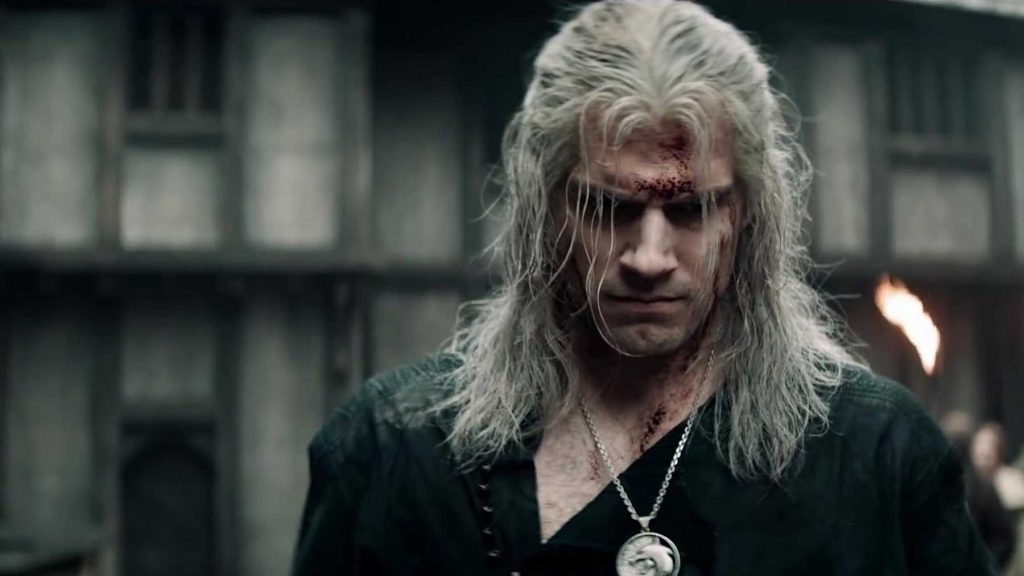When it was first announced, many expected The Witcher to be Netflix’s salvo in finding the new Game of Thrones. First arriving as a series of short stories written by Polish author Andrzej Sapkowski, the franchise later morphed into novels and found large scale success in the video games published by CD Projekt Red. While the new Netflix show shares some similarities- there’s politics involved, and there’s also a fair amount of nudity- The Witcher is a lot more accepting of the fantasy genre. However, for the first few episodes, it’s bent on insisting it’s serious fantasy TV, and that doesn’t always work out.
Geralt of Rivia (Henry Cavill) is a Witcher, an enhanced mutant who hunts monsters for coin. As he goes about his work, he runs into various figures, such as a bard named Jaskier. At the same time, the show follows two other timelines: a deformed woman, Yennefer of Vengerberg, becomes a powerful sorceress and a young princess Cirilla escapes war to search for the Witcher.
While these three timelines play catch up for the first six episodes, there’s a sense of dissonance as the show tries to balance three different stories. Some characters, like Ciri, don’t always go through character development. Geralt does change through his adventures, most notably after coming into contact with Yennefer. The show sets up the main characters’ motivation effectively, all the while adding to the world building in each episode.

Adapting most of The Last Wish means that the short stories don’t always jive with each other, like when Geralt and Jaskier run into a group of elves in hiding. Most of the other stories, like two instances when Geralt tries to rescue a princess, do resonate, though one banquet where a hedgehog man appears does stretch the limits of credulity for the show. Some of this stories are retellings of classic fairy tales such as Snow White and Beauty and the Beast.
The Witcher doesn’t nail the episodic beats as well as something like The Mandalorian does. Showrunner Lauren Schmidt Hissrich often hammers the ‘humans are the worst monsters’ trope hard, and the fact that Geralt and Ciri are connected by ‘destiny’ is also reiterated several times in the season.
Henry Cavill is undoubtedly the best thing about the show. He looks great and his gravelly take on Geralt’s voice follows faithfully in the steps of the video game adaptations.
The sword choreography is fantastic, and it’s a well-done take on Geralt’s pirouetting style from the games. Anya Chalotra’s Yennefer is also fairly dynamic: you get to see why she wants power so much given her upbringing, and how her longing for a baby drives her to take dangerous risks. Freya Allan, unfortunately, gets the short end of the stick: it feels like her story is moving from one bad encounter to the next while it waits for Geralt and Yennefer to catch up. The supporting characters are mostly alright, with Joey Batey doing well as the lovely bard Jaskier.
At eight episodes, the first season of The Witcher feels more like a proof of concept.
By the time everything comes together, with Yennefer participating in a magical defense of the town Sodden against an invading army, we see more of the bright potential of the series. With the second season arriving around 2021, there’s ample time for the team to take a step back and look at what worked and what didn’t. Let’s hope it can become an engaging show of its own instead of trying in vain to be a Game of Thrones imitator, like the once- great Vikings often tries to be.